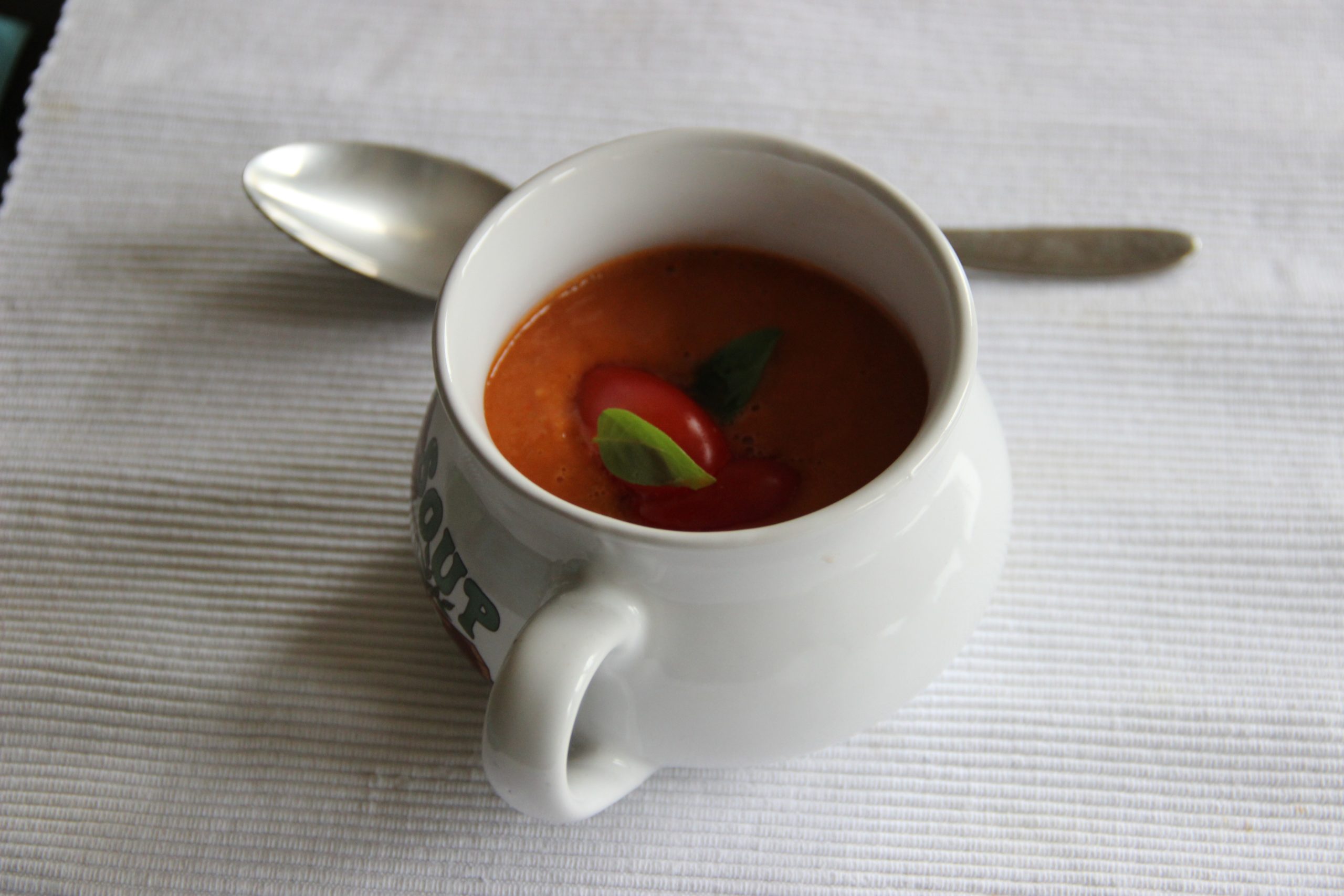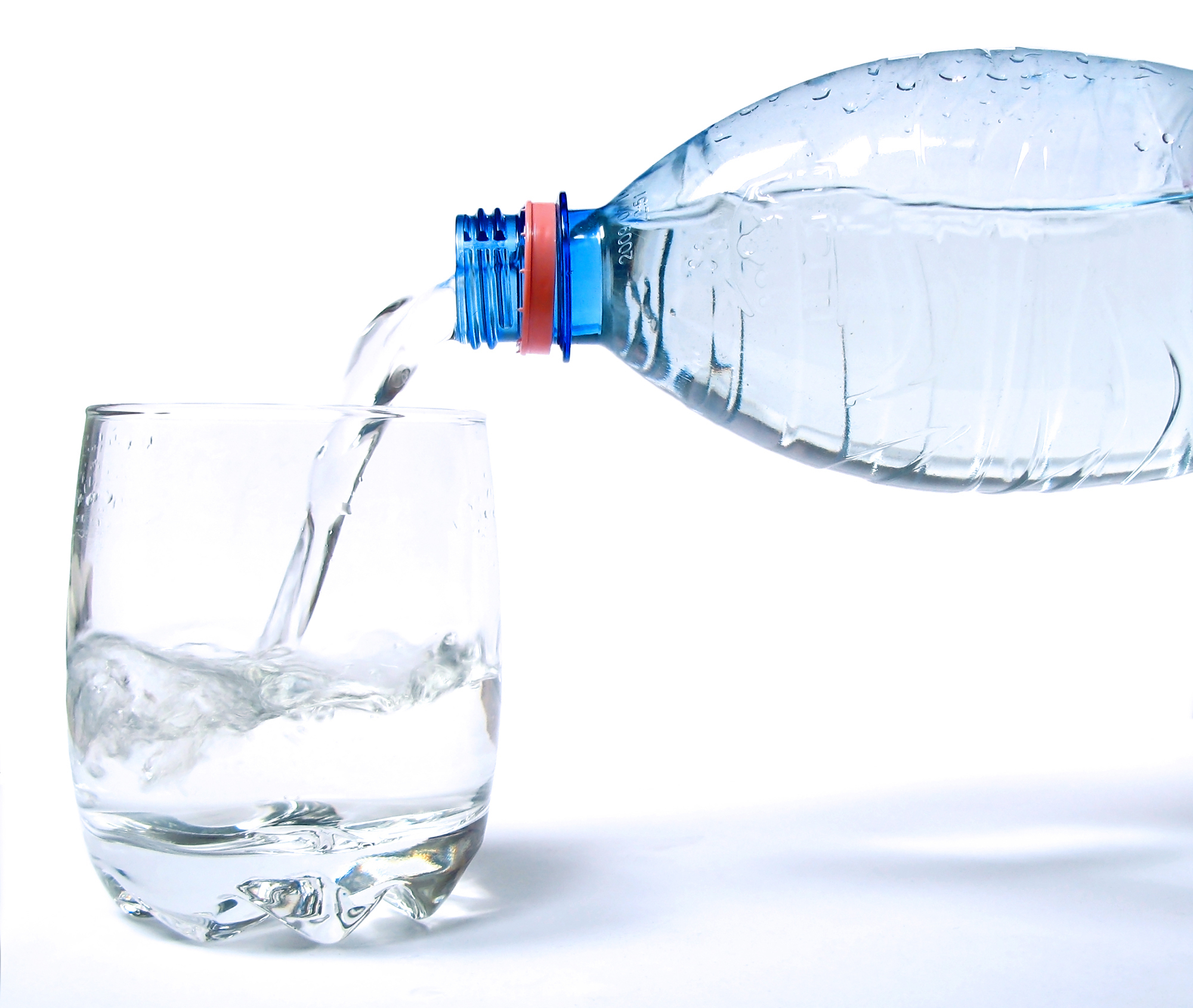As we head into a hot summer, I wanted to review the vital role water plays in your overall health and in your brain health in particular.
Water plays an important role in good brain functioning. Our bodies require water to hydrate the blood and tissues, lubricate our joints, regulate temperature, and moisten the lungs to allow for breathing. So those stiff joints may actually be a lack of proper hydration!
Our brain needs to be hydrated too. Even a 2% drop in required hydration can lead to difficulties with short-term memory, basic math and reading, and staying focused? A little dehydration can have a big impact.
The Importance of Water for Brain Function
Each cell in the brain requires a tremendous amount of energy to function properly. Brain cells are sending information to other cells in your body so that they can do what they are supposed to do. Every movement you make, whether voluntary (like walking) or involuntary (like your heart beating) starts in your brain. The brain is sending signals 24/7 to keep things running smoothly.
These vital activities require energy. And water plays an important role in providing that energy to the brain.
Our brain just works better when it is well-hydrated. Well-hydrated brains function faster, with more clarity and greater creativity.
But the brain has no way to store water, so it is important to maintain hydration throughout the day.
We are continuously dehydrating. We lose water through breathing and sweating. And we breathe all night (well at least you should!). So, when you wake up in the morning you will be starting the day with a water deficit.
Start the day with a glass of water to re-hydrate.
The Impact of Dehydration
The impact of dehydration can be significant. A friend of mine was away on a trip. When she returned she found her mother had taken a significant slide in her health. And the culprit was dehydration!
Researchers have found that a lack of water has a big impact on our brain.
Individuals in a British study exercised in sweat-inducing suits to reduce the hydration level of the body. After 90 minutes of sweat-inducing exercise, the researchers found that the brain tissue had shrunk away from the skull. The change in brain size in that 90 minutes was equivalent to one year of aging.
Clearly our level of hydration affects our brain tissue.
Dehydration Impacts Memory and Focus
A lack of hydration also leads to difficulties with memory and staying focused. And this can become a vicious cycle.
In the case of my friend’s mom, it wasn’t because people weren’t caring for her that she became dehydrated. But the people with her were not consciously encouraging her to drink. And so she didn’t drink as much as she should have.
As you age, you lose your thirst trigger.
Your body no longer tells you that it is thirsty.
And if you layer on top of that the memory loss associated with dementia, you can see how you might forget to drink.
Dehydration, even slight dehydration, adds to confusion and short-term memory loss. It is easy to forget whether or not you have had anything to drink.
And you have a perfect storm for a continued slide in health.
Flushing Toxins
Prolonged dehydration will have an effect on brain cell size, shrinking the brain. It will also reduce the body’s ability to flush toxins.
We know that many of the toxins in our environment can easily pass the blood brain barrier. Dehydration removes the body’s ability to flush these toxins and can lead to inflammation of brain tissue. Another reason to get hydrated.
How Much Water?
A general guideline to follow is one cup of water for every 20 pounds of body weight.
This should keep you well hydrated. So if you are 100 pounds drink 5 cups of water. If you are 200 pounds drink 10 cups of water. However, other factors can play a roll. Medications, weather or the amount of caffeine intake can act as a diuretic – requiring more water to replenish your system.
Dehydration and Dementia
If you have someone in your life struggling with dementia, it is important to keep an eye on their hydration levels.
The confusion already associated with dementia plus the loss of a thirst trigger means they will not necessarily feel thirsty. This can lead to a negative spiral of increasing confusion and poor health outcomes. This is what happened to my friend’s mom. Luckily it hadn’t gone on for too long so it was reversible.

Helping Them Drink
If you have someone in your life challenged by dementia, encourage them to have a water bottle or large tumbler at hand so that they can easily consume water. You may want to add slices of cucumber or mint leaves to make it more enjoyable to drink.
Also, think about how you can make it easier for them to drink. They may have difficulty holding onto or controlling a glass. Consider a water bottle but make sure the top is easy to open. I personally like the ones with a straw inside. This allows you to control liquid flow and it doesn’t pour out on your face if you misjudge the angle when you are drinking.
A water bottle is also easier to carry around. But you do need to make sure it is getting washed on a regular basis.
Individual’s with dementia will also need to have encouragement to drink their water. When you are with them, keep it top of mind. You may also want to leave notes in easy-to-see places to remind them. As well, there are electronic reminders on phones or day clocks that can be set to send them a reminder.
If you have trouble getting them to drink water, you may want to consider increasing the amounts of high water content food they are eating. Broth-based soups, apples, oranges, grapes and watermelon are great options.

Model Good Water Consumption
And finally, consider your own water consumption. Modeling good behaviour can go a long way to encouraging your mom or dad to drink enough.
Many times, aging adults feel like they are being treated like children by their own children. It is important to help your mom or dad retain their dignity even as you express concern for their health.
If they feel like they are being harassed over their water consumption, it could lead to push-back. So, make sure that you are drinking enough water and that your mom or dad sees you doing it.
Not only will it help them model new habits but it will be very good for your brain too!
So be conscious of how much you are drinking…and see if some extra hydration helps you be sharp in mind and limber in body.
For more ideas on improving water consumption, you can check out this post by Sylvia Jones at Sensible Digs





0 Comments
Trackbacks/Pingbacks